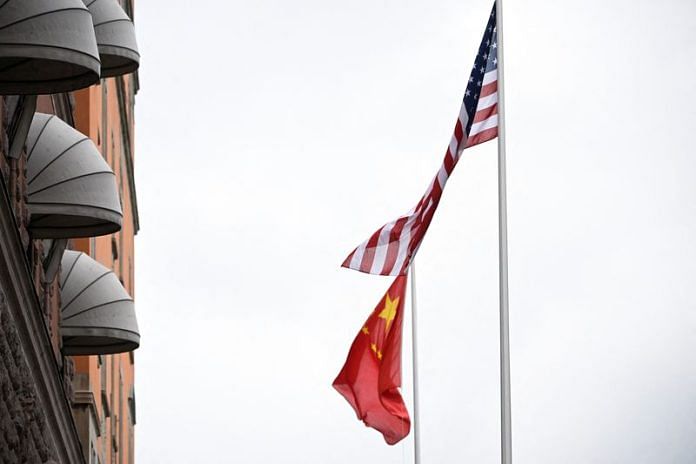By Greta Rosen Fondahn and Maria Martinez
STOCKHOLM (Reuters) -U.S. and Chinese officials finished two days of talks in Stockholm on Tuesday that were aimed at tackling longstanding economic disputes and stepping back from an escalating trade war between the world’s two biggest economies.
While announcing no breakthroughs, China’s top trade negotiator Li Chenggang said the two sides agreed to push for an extension of a 90-day tariff truce struck in mid-May, without specifying when and for how long such an extension could come into force.
The talks could pave the way for a meeting between U.S. President Donald Trump and Chinese President Xi Jinping later in the year, though Trump denied going out of his way to seek one and Chinese officials did not mention it.
After months of threatening high tariffs on trading partners, Trump has secured trade deals with the European Union, Japan, and others, but China’s powerhouse economy and grip on global rare earth flows make these talks particularly complex.
Both sides in May walked back from imposing triple-digit tariffs on each other in what would have amounted to a bilateral trade embargo. But global supply chains and financial markets could face renewed turmoil without an agreement.
Underlining the stakes, the International Monetary Fund on Tuesday raised its global growth forecast but flagged a potential rebound in tariff rates as a major risk.
(Reporting by David Lawder, Greta Rosen Fondahn, Maria Martinez, Janis Laizans and Marie Mannes in Stockholm; additional reporting by Ethan Wang, Liz Lee, Yukun Zhang, Ryan Woo in Beijing, Terje Solsvik and Gwladys Fouche in Oslo; Writing by Matthias Williams; Editing by Emelia Sithole-Matarise and Rod Nickel)
Disclaimer: This report is auto generated from the Reuters news service. ThePrint holds no responsibility for its content.




